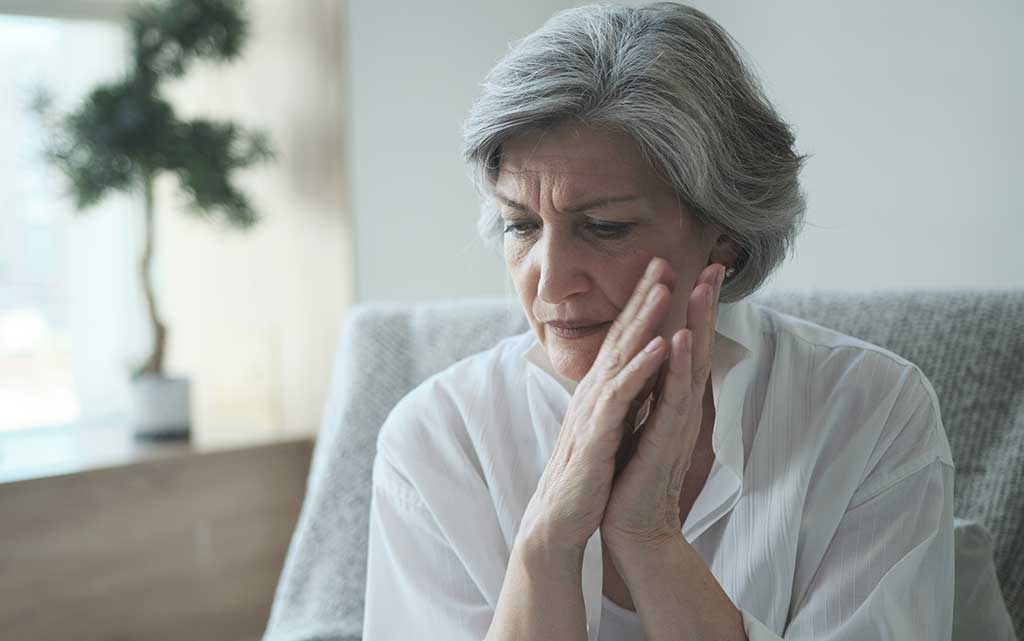Your older family members are more likely to experience emotions of loneliness than are your younger ones. This is certainly the case for persons who are single and live alone. Solitude can even have a negative impact on one’s physical health. Continued isolation has been linked to an increased risk of health problems such as heart disease, anxiety or depression, Alzheimer’s disease, high blood pressure, and more. Loneliness, like obesity and smoking, can shorten a person’s life expectancy. Find out all about loneliness in seniors below.
Research on Loneliness in Seniors
A study on social isolation among the elderly was recently undertaken by experts at the UCSD School of Medicine. The purpose was to uncover commonalities in loneliness among seniors living in retirement communities that are designed to keep them from feeling lonely. Thirty people between 65 and 92 years of age were interviewed for the study. They were told to narrate their emotions of loneliness, as well as their strategies and advice for dealing with these feelings.
Causes of Loneliness
Feelings of isolation are caused by a variety of circumstances. These can include a lack of social skills, age-related issues or simply loving your alone time too much. When asked about the risk factors for loneliness, participants said that, as they become older, there are fewer people. They said that it’s simply a case of it naturally becoming a lonely world when people are passing away all around them. They also believe it’s difficult to get about and see the folks they do know as they become older. The participants carried on to say that they heard that a lot of older folks lack social skills. They’re perfectly capable individuals who just find it difficult to talk.
How Loneliness Feels
Some people, as previously said, do not consider being alone to be a negative experience. Rather, they go out of their way to find time to be alone. Others, on the other hand, may feel helpless and depressed when they are isolated for reasons beyond their control. Participants of the study described feeling lonely, at its worst times, as a sense of detachment, purposelessness, and hopelessness. They also described it as a feeling of emptiness, where one is not overjoyed, but not depressed either. According to the interviewees, the most unpleasant aspect is that they are feeling nothing and don’t want to do anything. That is something that can make them feel like they are in limbo.
Coping with Loneliness
This is when our elders’ wisdom shines through. Paying attention to what they say can have an impact on how we conduct our lives and how we view and care for our loved ones. One woman mentioned compassion and assisting others as ways to cope with loneliness, in addition to recognizing the disadvantages of aging. Some participants believed that seeking companionship would help them improve their position. Accepting the danger of rejection was part of the challenge.
Dealing with Loneliness Starts with Acceptance
Acceptance plays an essential part in how the elderly cope with lonely emotions. Discovery Village At Stuart is a great companion care option for your loved ones. We have trained caregivers on-hand 24/7 to help with everything from offering a welcoming face to providing nursing and physical care. Call us today for a free tour!







